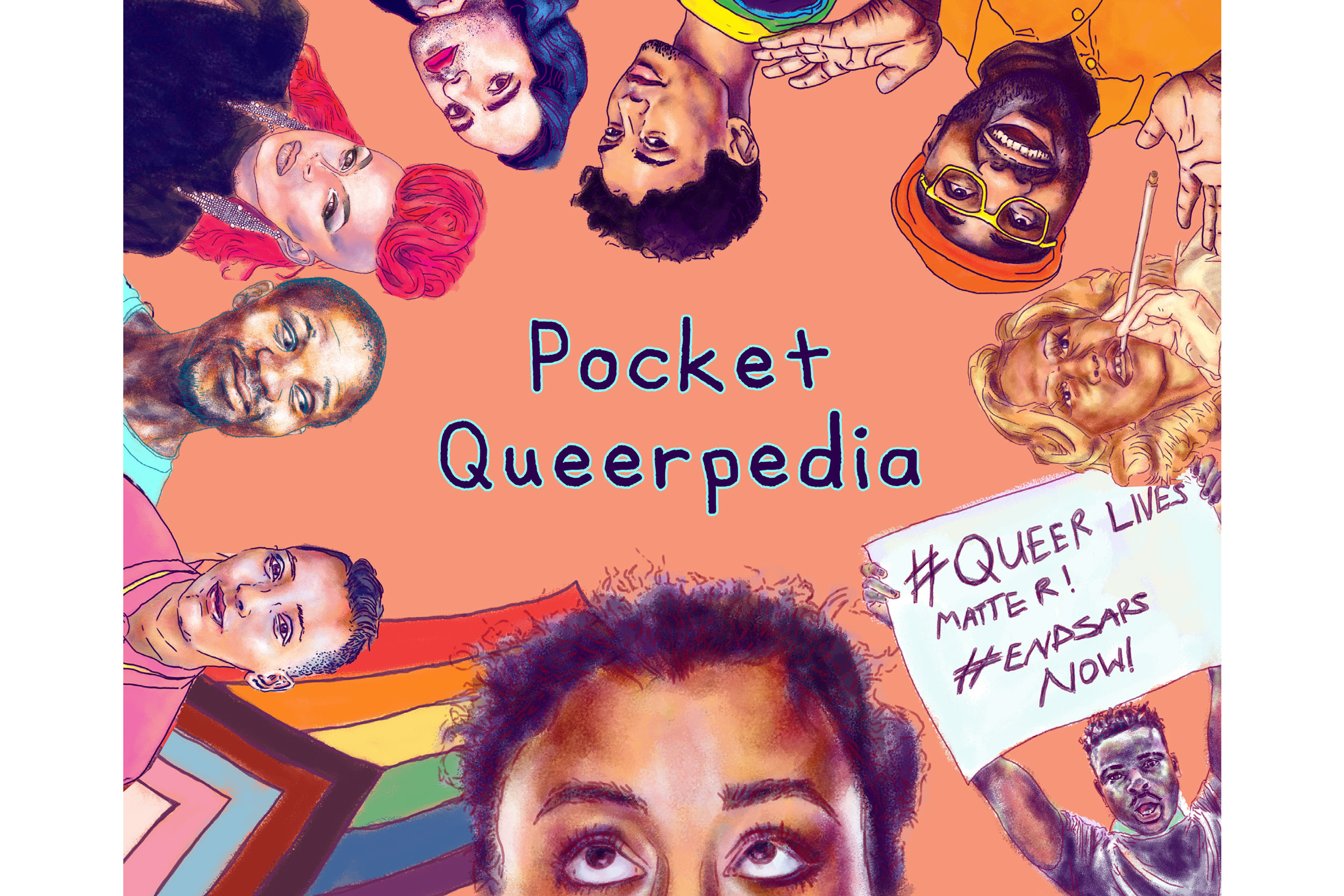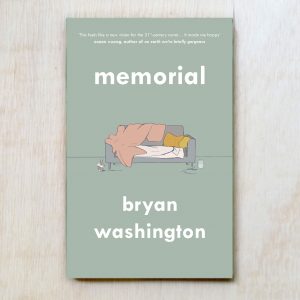‘Pocket Queerpedia’ is by and for South Africans
Despite the challenges in translating and defining queer terms into isiXhosa and Afrikaans, the team behind the book plan to publish it in even more South African languages.
Author:
5 March 2021

“This whole project was like, ‘Ah, fuck this shit,’” Mase Ramaru laughs, recalling the difficulties of translating into isiXhosa the terms and definitions found in the recently released Pocket Queerpedia.
Aimed primarily at activists, educators and queer communities, Pocket Queerpedia is an illustrated glossary of terms that can be used “in teaching on queerness”. The guide, which covers everything from definitions of nuclear family and ball culture to sex chromosomes and medical transitioning, was developed by the Tshisimani Centre for Activist Education in Cape Town.
“Queer education can be one of the most freeing of experiences, yet resources are not always accessible [and/or] suitable for a South African context or visually appealing to young audiences. The Pocket Queerpedia is an offering to respond to this,” says the centre’s press release about the book.

Although there are plans to produce it in other South African languages, for now the book comes in three languages: English, Afrikaans and isiXhosa.
Chulumanco Nkasela was part of the project’s isiXhosa language team. “With translating everything, it was really difficult,” she says. “Because it could be one [English] word, but when you try and translate it into Xhosa, it turns out to be the definition of the actual term. So those were the challenges with terms such as ‘gender dysphoria’ and ‘hormone replacement therapy’. We were trying to find a word, but we’d end up with the definition of that word. Which is a challenge with most vernac languages, not only Xhosa … Even spelling it phonetically would be quite difficult, so we saw it fit to rather leave them just like that.”
Affirming language
The inherent nature of the Xhosa language aside, there was another consideration constantly being factored in: the need to present the various aspects of sexual orientation and gender identity in a way that was empowering and humanising.
“The intention is for the language to be affirming,” says Nkasela. “We did not want to assert the same type of very destructive and dangerous utterances that people pick up … and the way language is used. So instead of having a title called ‘i-lesbian’, we’ll have ‘Umntu O-lesbian’ – a person who is lesbian – or ‘Umntu O-gay’ or ‘Umntu O-transgender’. Because we wanted to humanise the language [so that] people understand and remember that when we speak about a gay or a lesbian person, we’re not talking about an object, we’re talking about a person, and that that is part of someone’s identity.”

“It was difficult,” she says. “[But] even at times when we felt like, ‘Hhayi, let’s just … leave it for now,’ we understood the importance of language [and the] importance of having such a document be delivered in a way that affirms people.”
Nkasela, as with so many queer people, comes into all too frequent contact with the violence of language. This, despite working within the social justice sector.
“Look,” she says, “I’m a person who is able to set people straight. [But] I’ve experienced how language can be used violently towards people. I have a friend who is currently in the process of transitioning. And I work in activist spaces and even in such spaces you’ll see how people are treating her, the kind of language they use towards her, you know? Or the kind of language that has been used towards me because I’m her friend. Or the kind of language used towards me because I’m pansexual and ‘I don’t know what I want’. It can be very scarring, you know?”
Prejudices and a lack of awareness
Pocket Queerpedia is the brainchild of Seth Deacon, Tshisimani’s visual materials developer and art curator. A queer man, Deacon realised the need for such a glossary during a feminism and freedom course for young activists that Tshisimani hosted in 2019.
It was during discussions on gender, sexuality and freedom that “we ran into a number of difficulties”. Terms thought of as commonly known had some participants “utterly lost”. More than a lack of awareness, there was also the issue of prejudices held.
“With activists, what people sometimes forget is just because you are progressive in one area doesn’t mean you are gonna have everything sorted. You know, you can have someone who is very aware of the economic implications of things, who is very progressive on housing, but can be quite conservative when it comes to things like gender and sexuality or feminism. And vice versa. So it’s really about thinking through that and trying to find a way to level the playing fields a bit.”
Related article:
Deacon concedes that the drive to level these playing fields saw it evolving, rather unintentionally, into the 90-page book it became.
“It wasn’t planned to be a book,” he says. “It just became one. A lot of it has been a case of, ‘Oh, we need to include this term, because this is not going to make sense if we don’t include this.’ And it’s grown in that way. We also didn’t realise quite how much consultation it would take”.
Concurring with Ramaru and Nkasela, Deacon says the translation process was “a major challenge”.
‘I had to stretch my head’
Northern Cape-based Allan Maasdorp, who headed the Afrikaans translation team, laughs as he says: “I’m gay, but when I got to all these things – non-binary, pansexual and all these things – I had to stretch my head a bit. I had to download a few theses to read up about it. I had to google quite a lot because I wanted new Afrikaans words for this, trying to keep current. And also to wrap my head around all these different aspects of [being] LGBTIQ.”
Despite the challenges of translating the book, Deacon and the publishing team are determined to offer Pocket Queerpedia in other South African languages.
“The thing that you perpetuate if you only have [certain words only] in English is this idea that [queerness] is a Western thing, as opposed to a universal thing. Doing that does, in a way, help perpetuate the myth that somehow being gay or lesbian or transgender is some sort of Western import. But beyond that,” he says, “we can’t keep doing everything in English. It’s just wrong.”
Says Nkasela: “A lot of queerphobia and transphobia is driven by language and [people] not understanding. Because you’ll find that people are accepting and want to understand, but they don’t have the language for that … So I find it very important that we are careful with our language and we are affirming in our language and we just generally give love in our language.”

